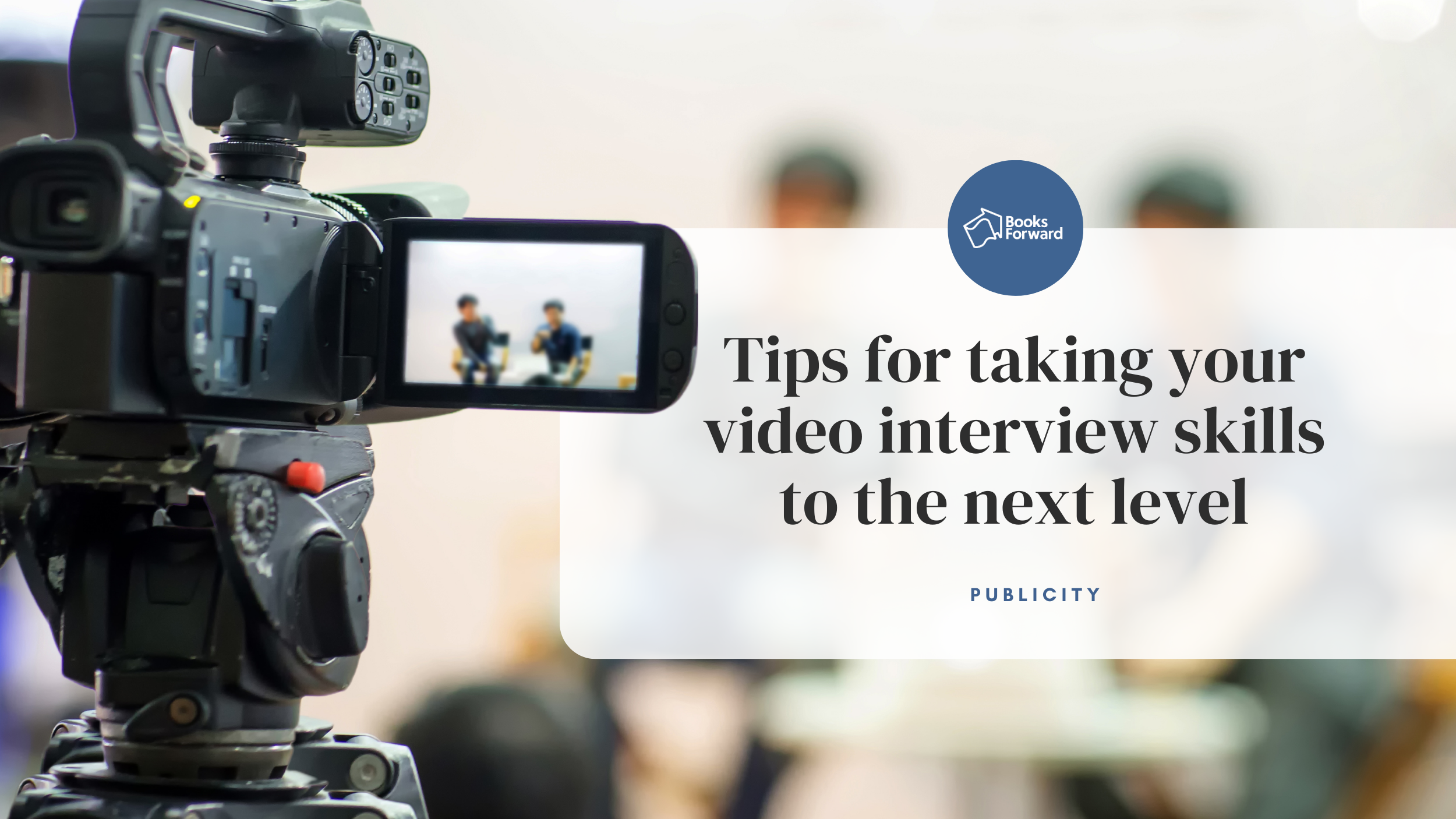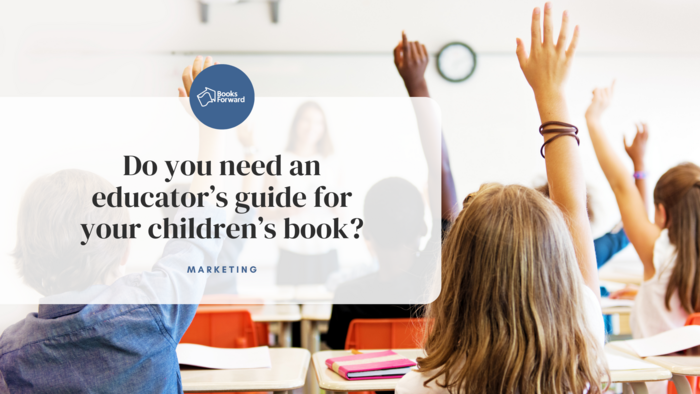What is an ideal book publicity timeline? And when should I reach out to prospective publicity firms?
If you’re thinking of querying publicity firms to help boost media coverage for your book, the sooner you reach out, the better! A good publicity campaign will begin months before your publication day, so you should start reaching out to firms about 10-12 months prior to pub day, or as early as you can. We’ve put together some guidelines on what works best, based on our decades of experience, but really there is no “ideal book publicity timeline” – it all depends on your goals, your book, and what you have time for!
How early should publicity efforts start based on the release date?
We like to start a book’s publicity campaign four or five months prior to the release day and continuing for one or two months after. Why do we start so early?
4-6 months before publication
Your publisher (or your publicity team) should submit your book for reviews with publications like Publishers Weekly, Kirkus or Foreword. Learn more about trade reviews here.
You should also make sure that advanced copies (ARCs) of your book will be available for media use. Learn more about how we use ARCs here.
3-5 months before publication
Your publicist will put together a press kit for your book and create a plan of action for media and events outreach. In an ideal publicity timeline, the outlets being contacted will have plenty of time to receive the book in the mail, read it, and put their thoughts together before your launch.
If it is of interest, you or your publicist should begin contacting bookstores to schedule a launch event for your book. Learn more about communicating with bookstores here.
Your publicist may also contact certain media outlets, like quarterly publications, that require more advanced notice – they’re often already working on their-end-of-the-year issues by June!
2-4 months before publication
Your publicist will continue to contact media and influencers about your book, with the goal of arranging coverage surrounding your publication day. As requests for your book come in, your publicist will mail out print ARCs or share digital files as needed.
1-2 months before publication
With media coverage pending, your publicist will now be focused on following up with all interested parties, ensuring they received the book and are planning coverage around publication day.
The big day!
When publication day arrives, your publicity team will have links to media coverage to share with you. Depending on your plans, you may have a book launch party to attend or an interview to partake in. It’ll be an exciting day!
Post-publication
After publication day, your team may begin working on digital marketing projects like direct-to-consumer advertising for your book. These efforts complement traditional publicity well, and will make sure your book stays on readers’ minds for the months ahead.
The takeaway
While this is the structure of an ideal publicity timeline, we know life doesn’t always happen on schedule. If your book has already been published, or if you don’t have the lead time you would have liked, there may still be opportunities out there for you!
Here’s an example of how Books Forward secured major media coverage for an author while beginning a campaign one year after publication day: https://booksforward.com/case_study/scoring-major-media-one-year-post-publication/
We can’t guarantee these results for every author, but we can guarantee that tenacity and creativity will always pay off when it comes to book publicity.

Jackie Karneth is a publicist with Books Forward is an author publicity and book marketing firm committed to promoting voices from a diverse variety of communities. From book reviews and author events, to social media and digital marketing, we help authors find success and connect with readers.
Interested in what’s possible for your book sales and building readership? Check out our services, tell us your goals, and get a customized publicity campaign tailored just for you.











